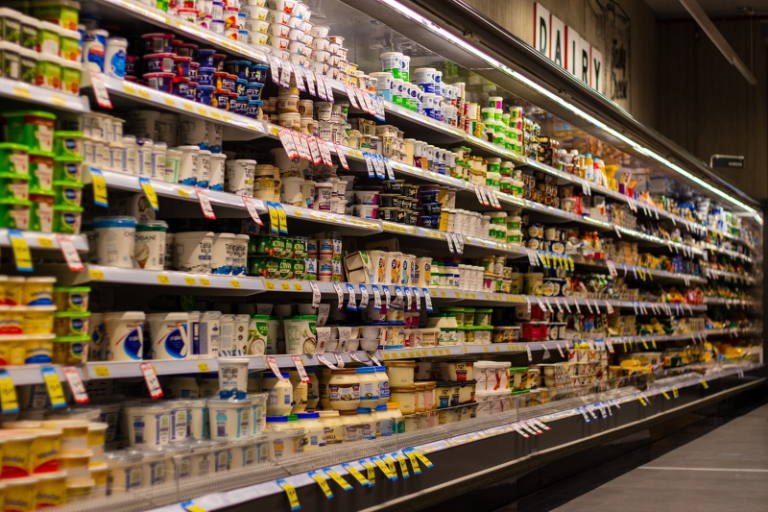The Greek economy ended 2024 with negative food inflation for the first time since May 2021

Πηγή Φωτογραφίας: Διαδίκτυο//The Greek economy ended 2024 with negative food inflation for the first time since May 2021
This is related, on the one hand, to the normalization of the market and the mitigation of the consequences of external geopolitical and climatic factors, and, on the other, to the imposition of measures that have been partially criticized by the market as extremely interventionist.
Inflationary pressures, however, are present, mainly triggered by the services sector, while no one can rule out a sharp increase in energy and food prices in the near future, given the fragile geopolitical environment and the impact of the climate crisis.
According to Eurostat estimates, the harmonized general index of consumer prices changed in December 2024 compared to a year earlier by 2.9% compared to an annual change of 3% in November. In the eurozone, the harmonized index of consumer prices was 2.4% in December compared to 2.2% in November 2024. On a monthly basis, that is in December 2024 compared to November 2024, inflation increased marginally in Greece by 0.1%. Based on Eurostat estimates for December, it follows that the average annual inflation in Greece – in terms of the harmonized index of consumer prices – is 3% in 2024.
On January 13, however, the Hellenic Statistical Authority (ELSTAT) is set to announce data on the national consumer price index for December, based on which it is estimated that the average inflation for 2024 will be at 2.7-2.8%.
The good news concerns so-called food inflation: According to Eurostat estimates, its index decreased in December 2024 by 0.2% from December 2023. This was the first time since May 2021 (-0.4%) that negative food inflation has been recorded, as it subsequently followed an upward trend to approach 13% in 2022, the year of Russia’s invasion of Ukraine.
Also, Greece is the only eurozone member-state with negative food inflation in December 2024, with the relevant index in the eurozone at quite high levels (2.7%).
The energy price index in Greece stood at 0.7% in December 2024 (0.1% in the eurozone), while the services price index stood at 5.6%, the fourth highest among eurozone countries, where it averaged 4%.
Source: pagenews.gr
Διαβάστε όλες τις τελευταίες Ειδήσεις από την Ελλάδα και τον Κόσμο






























Το σχόλιο σας